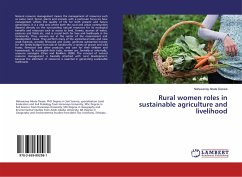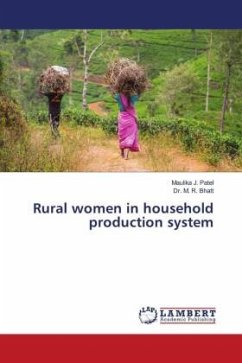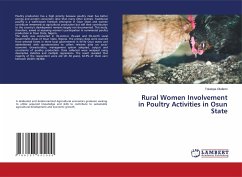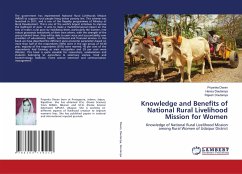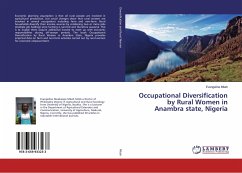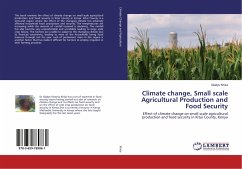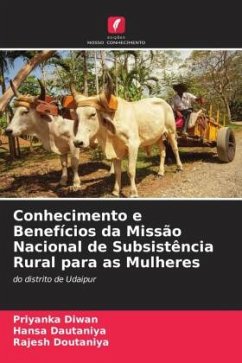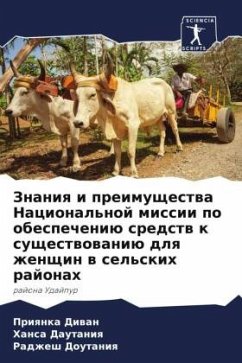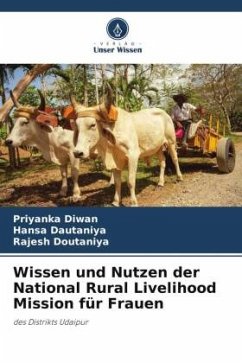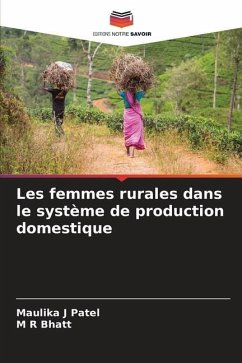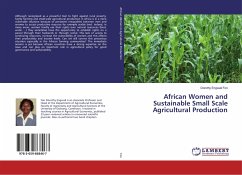
African Women and Sustainable Small Scale Agricultural Production
Versandkostenfrei!
Versandfertig in 6-10 Tagen
22,99 €
inkl. MwSt.

PAYBACK Punkte
11 °P sammeln!
Although recognized as a powerful tool to fight against rural poverty, family farming and small-scale agricultural production in Africa is in a more vulnerable situation because of persistent inequalities between men and women to access productive resource for example arable land. Indeed, in many areas, women hardly use their rights over natural resources (land, water ...) they sometimes have the opportunity to establish rights on a parcel through their husbands or through rental. This lack of access to continuing resources, increase the vulnerability of women and this affects their productivi...
Although recognized as a powerful tool to fight against rural poverty, family farming and small-scale agricultural production in Africa is in a more vulnerable situation because of persistent inequalities between men and women to access productive resource for example arable land. Indeed, in many areas, women hardly use their rights over natural resources (land, water ...) they sometimes have the opportunity to establish rights on a parcel through their husbands or through rental. This lack of access to continuing resources, increase the vulnerability of women and this affects their productivity and income levels. Can we still correct this precarious situation especially in the African farming communities? The immediate answer is yes because African countries have a strong expertise on the issue and can play an important role in agricultural policy for good governance and sustainability.



